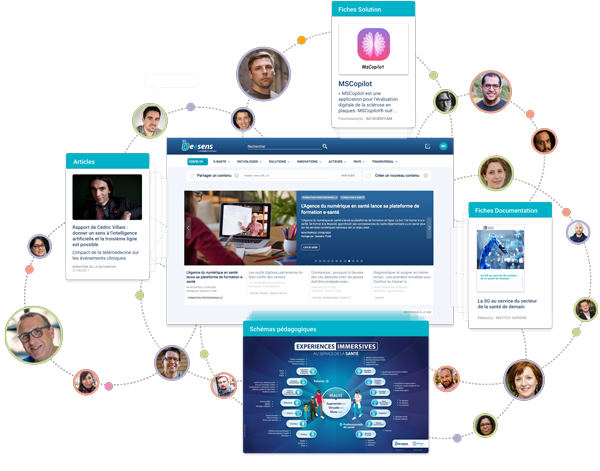"Homebound older adults who participated in a telecare program for three months had improved medication adherence and quality of life, according to a study published in JAMA Network Open.
Researchers found study participants who received a telecare program had better medication adherence and quality of life scores compared with a control group.
However, there wasn’t a statistically significant difference between the telecare group and the control group in self-efficacy, or a person’s belief in their ability to achieve a goal. Scores in self-efficacy in both groups improved over time.
The study divided 68 adults in Hong Kong who were 60 years old or older, homebound and owned a smartphone into two groups. Homebound was defined as going outside less than once per week in the previous six months.
Participants in the telecare group were paired with a nurse who was supported by a social service team. They received weekly phone calls and video messages about self-care for three months between May and July 2020. The control group only received monthly social calls.
Researchers collected data on self-efficacy, daily living skills such as grooming, medication adherence, depression and use of healthcare services during screening for the study and one week after completion.
Around 1.6 million adults ages 65 and older are homebound, which can present healthcare delivery challenges, according to an estimate by HHS’ Office of the Assistant Secretary for Planning and Evaluation in April.
Telehealth and virtual care soared during the COVID-19 pandemic as patients and providers avoided in-person interactions. Although telehealth utilization is falling now, the telehealth share of medical claim lines increased 3,552% from August 2019 to August 2020, according to FAIR Health..."
Lire la suite
Telecare may boost homebound seniors' medication adherence according to JAMA study
MOBIHEALTHNEWS, 13/09/2021
Partagé par :
Beesens TEAM

Informations liées
Thématiques
Observance
Accueil Senior - Mieux vieillir
Structures
HON.
HON.










